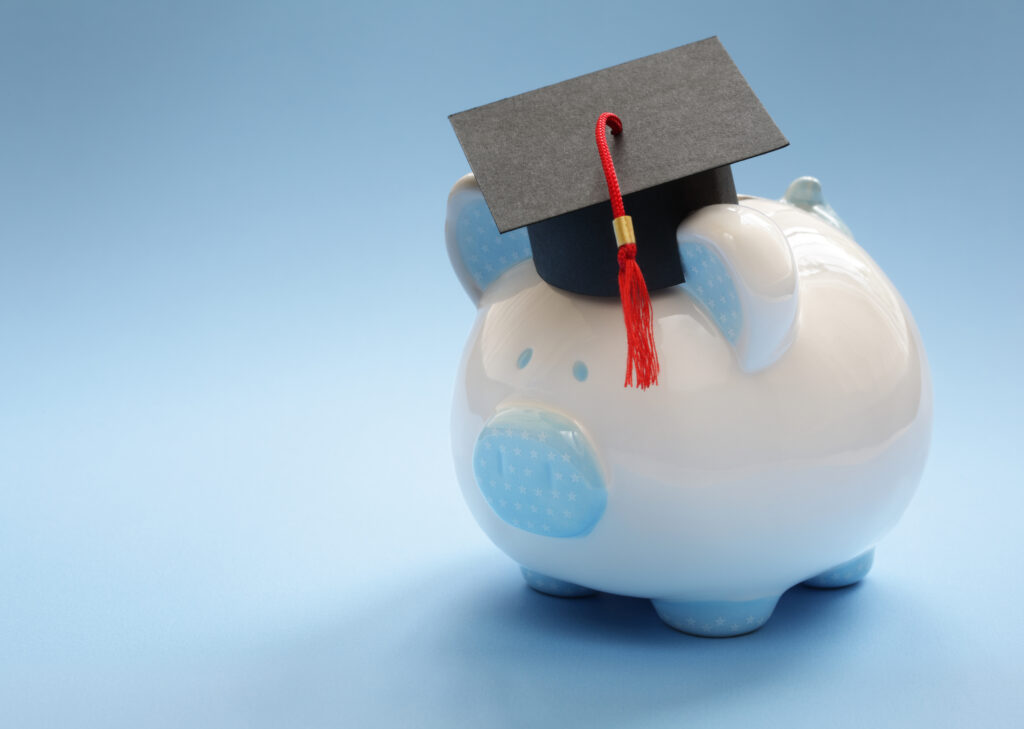College Education, Featured, Life on Campus
From Academic Goals to Social Good: Finding Purpose in Your Studies
Carla Adams

College is often viewed as a personal journey toward success, a time to earn credentials and prepare for a career. While these are important goals, many students discover that the most fulfilling path is one that connects personal ambition with the greater good.
The pursuit of academic excellence becomes far more meaningful when tied to a purpose that benefits others. Education is not just about mastering a subject; it is about learning how to use that knowledge to make a positive difference in the world.
Finding purpose in your studies helps transform your mindset from one focused solely on achievement to one driven by contribution. When you align your academic goals with values that matter to you, every course, project, and assignment becomes an opportunity to contribute to something larger than yourself.
Education That Serves a Greater Good
As college students, it is easy to become absorbed in grades, deadlines, and internships. Yet, behind every degree lies the potential to create change. Whether you are studying psychology, engineering, or social work, there are always ways to link your academic journey with real-world impact.
For example, students pursuing an MSW Disaster Resilience Leadership program learn to combine academic knowledge with community-centered action, preparing to lead efforts that help societies recover and thrive after crises. Programs like this show that education can serve as both a personal achievement and a tool for social progress.
The idea of service-oriented learning goes beyond specific fields. It encourages you to see your studies as part of a larger network of human need and collaboration. When you realize that your education can directly improve lives, it fosters a deeper sense of commitment to your work.
Turning Academic Passion into Purpose
Finding purpose begins with curiosity. The subjects that spark your interest often hold clues to where you can make the most meaningful impact. For instance, if you are passionate about environmental science, your research could lead to sustainable solutions for local communities.
If you enjoy technology, you could explore how digital tools improve access to education or healthcare. Your field of study becomes a platform for creating change when you view your knowledge as a means of empowerment rather than personal gain.
It helps to ask yourself questions such as: What problems matter most to me? How can my skills contribute to solving them? When you start connecting what you learn to the issues you care about, you will find greater motivation to study and excel. Purpose-driven students often discover that their academic performance improves naturally because their studies hold genuine meaning.
The Role of Empathy in Academic Growth
Empathy plays a crucial role in linking education to social good. When you learn to understand and appreciate others’ experiences, your academic pursuits gain depth and relevance. Empathy encourages you to see the world from multiple perspectives, which enhances problem-solving and communication. It also reminds you that behind every theory or research project lies a human story.
Developing empathy within your studies can take many forms. It may mean volunteering for community projects, conducting research that addresses real social challenges, or simply listening to the needs of those your field affects. When empathy becomes part of your learning process, education shifts from being a personal pursuit to a collective endeavor.
Integrating Purpose into Everyday Learning
Purpose-driven education does not require a complete overhaul of your academic goals. It begins with small, intentional choices. Start by connecting classroom concepts to real-world applications. Discuss with your professors how your assignments could be used to address current issues. Join student organizations or initiatives that promote causes you care about.
These actions build a bridge between theory and practice. They remind you that what you learn in the classroom has value beyond exams. When you see the direct impact of your education, you become more engaged, more thoughtful, and more persistent. The sense of fulfillment that comes from contributing to social good can sustain you through academic challenges, helping you stay motivated even when the workload feels overwhelming.
Collaboration as a Catalyst for Change
True social progress rarely happens in isolation. Collaboration amplifies the power of education by bringing together diverse perspectives. Working with peers from different backgrounds exposes you to new ideas and inspires innovative approaches to problem-solving. It teaches you that leadership is not about control but about connection and shared vision.
Group projects, research collaborations, and interdisciplinary studies all offer opportunities to practice this kind of teamwork. When you work with others who share your commitment to positive change, you begin to see how collective effort transforms learning into action.
Overcoming Challenges with Purpose
Every student encounters moments of doubt, stress, or uncertainty. When academic pressures mount, it can be easy to lose sight of why you began your studies in the first place. Purpose serves as an anchor during these times. When you remember that your education contributes to something meaningful, setbacks become easier to manage.
A sense of purpose gives your efforts direction and resilience. It shifts your focus from short-term grades to long-term growth. Instead of seeing challenges as obstacles, you begin to view them as opportunities to refine your skills and deepen your understanding.
Lifelong Learning for Lifelong Impact
Finding purpose in your studies does not end with graduation. Education is an ongoing journey that evolves as you continue to grow and engage with the world. The mindset you develop now—of learning for the sake of service and contribution—will guide you throughout your life.
When you carry this perspective into your career, your work becomes more than just a means of livelihood. It becomes an extension of your values and an expression of your commitment to improving society.
Whether you become a teacher, a scientist, a designer, or a policymaker, the principles of purpose-driven education will continue to shape the impact you make. The transition from academic goals to social good begins with a simple realization: your studies have the power to create change.
SEE ALSO: Smart Tools Every Remote Student Should Know About












